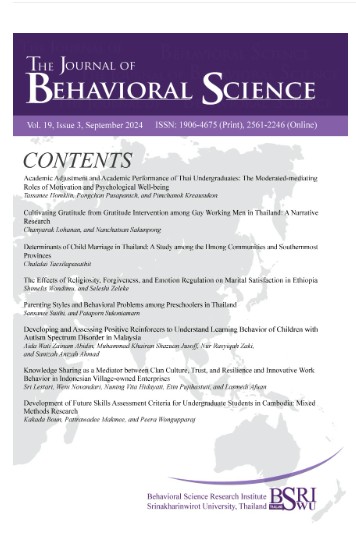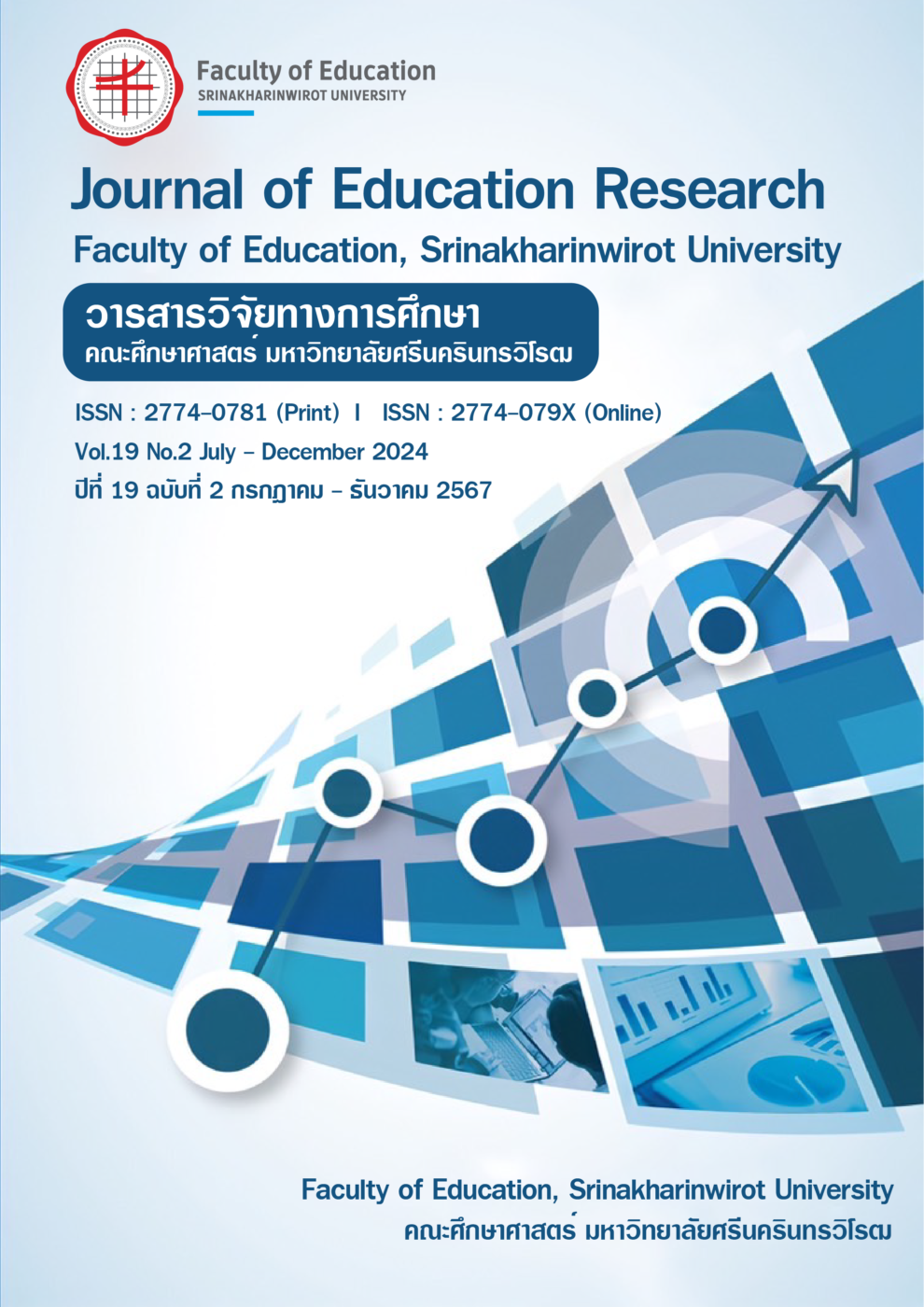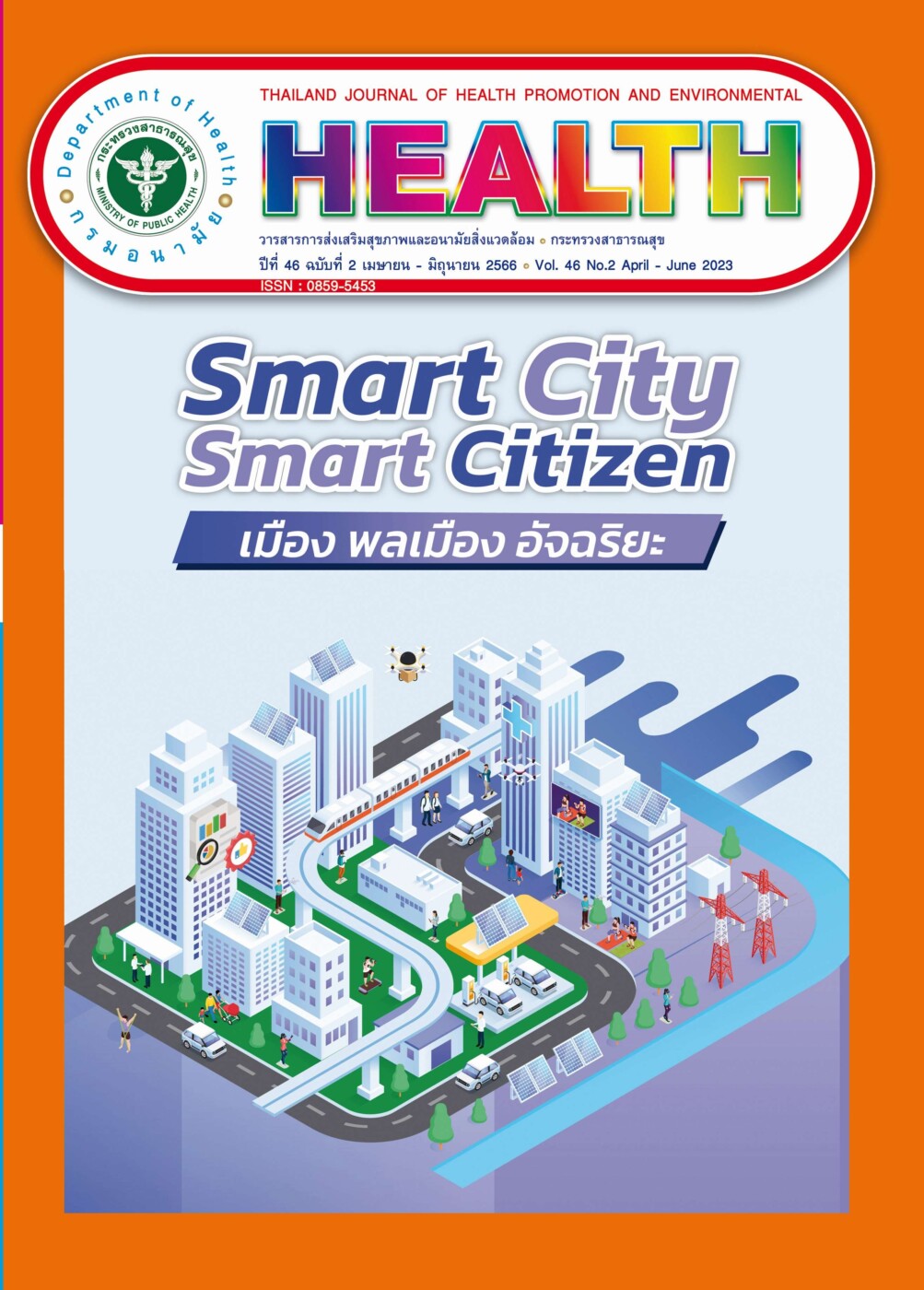Abstract
Background/ problem: Child marriage in Thailand has never received adequate academic recognition. Without knowledge of the fundamental determinants of child marriage in the country, it is difficult for Thailand to effectively deal with child marriage. Objective/ purpose: This study aimed to explore the determinants that facilitate the ongoing practice of child marriage in two areas of Thailand: the Hmong communities in the northern provinces and the Muslim communities in the southernmost provinces.
Design and Methodology: A constructivist grounded theory research methodology was applied in this study, (Constructivist Grounded Theory) with the use of semi-structured interviews and focus group discussions as tools for data collection. 113 A total of 113 participants voluntarily took part in this study.
Findings: Three similar themes were found in both study areas: patriarchy and culture, a taboo of pre-marital sex and pregnancy outside of wedlock, and intergenerational oppression. (Intergenerational Oppression) The main differences among the Hmong communities and the Muslim communities in the south were the doctrines, which laid the cultural foundation for the two areas.
The main differences among the Hmong communities and the Muslim communities in the south were the doctrines, which laid the cultural foundation for the two areas. Originality/Value for the Sustainable Development Goals (SDGs): (SDGs) Preventing child marriage is listed under SDG-5 which aims to combat gender inequality. With regards to the SDG-5, the (UN) UN urges member states to take action against child marriage and conduct academic research on this issue. However, the current studies on child marriage suggest that research on child marriage tend to be conducted in the regions where the rate of the practice is critically high, which Thailand is not included. This presents the gaps in child marriage research. This study addresses this gap by aiming to systematically study child marriage in rural Thailand. By focusing on the first-hand information from children, families, and communities, this study seeks to develop a model that explains determinants that support the existence of child marriage in rural Thailand.
Keywords Child Early and Forced Marriage, Patriarchy, Cultural, Intergenerational Oppression
Author Chalalai Taesilapasathit
Methodology Qualitative study
Journal Journal of Behavior Science
Year: 2024 2024
For more further study please click…https://so06.tci-thaijo.org/index.php/IJBS/article/view/274928




